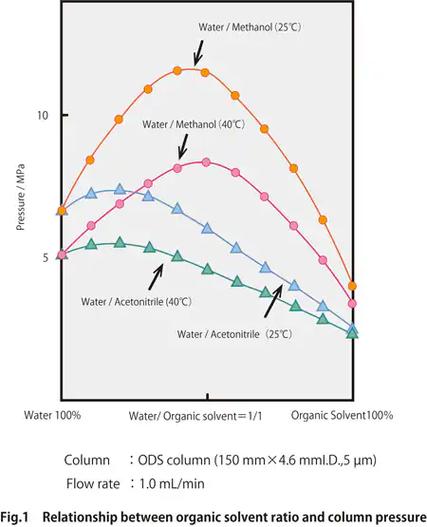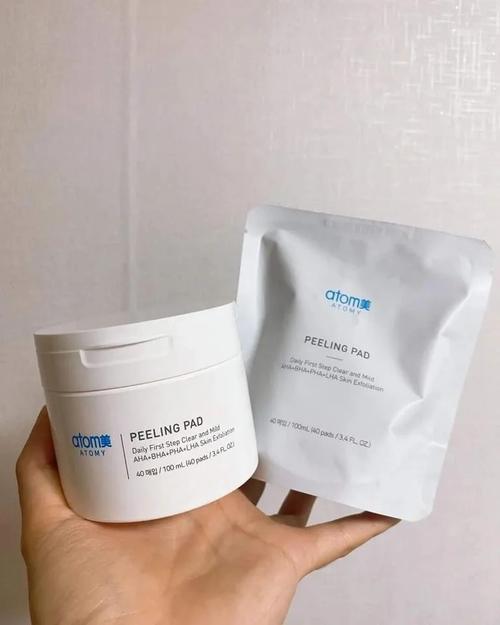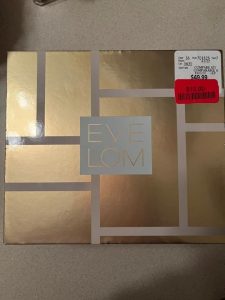Toner vs Serum: A Comprehensive Guide
When it comes to skincare, toners and serums are two products that often get a lot of attention. But what exactly is the difference between them, and which one should you be using? Let’s dive into a detailed comparison to help you make an informed decision.
Understanding the Basics

A toner is typically the first step in your skincare routine. It’s designed to remove any remaining traces of dirt, oil, and impurities from your skin after cleansing. Toners can also help to balance the pH of your skin, provide hydration, and prepare it for the next steps in your routine.
A serum, on the other hand, is a concentrated formula that targets specific skin concerns. Serums are typically applied after toning and before moisturizing. They contain high concentrations of active ingredients that can help with issues like wrinkles, acne, hyperpigmentation, and more.
Key Differences

Here’s a table summarizing some of the key differences between toners and serums:
| Feature | Toner | Serum |
|---|---|---|
| Function | Removes impurities, balances pH, prepares skin for other products | Target specific skin concerns, deliver high concentrations of active ingredients |
| Texture | Typically lightweight, watery, and alcohol-based | Can vary, but often thicker and more concentrated |
| Ingredients | Alcohol, astringents, antioxidants, and hydrators | Retinoids, vitamin C, hyaluronic acid, niacinamide, and more |
| Application | After cleansing, before moisturizing | After toning, before moisturizing |
Choosing the Right Product for Your Skin

Now that you understand the basics, how do you choose the right product for your skin? Here are some factors to consider:
- Skincare Concerns: If you have specific concerns like acne, hyperpigmentation, or wrinkles, look for a serum that targets those issues. If you’re just looking for a general clean and balanced skin, a toner might be more suitable.
- Skin Type: If you have sensitive skin, opt for a toner with alcohol-free ingredients. For oily or acne-prone skin, a toner with salicylic acid can be beneficial. Serums can also be tailored to your skin type, so choose one that complements your needs.
- Ingredients: Look for ingredients that are known to work for your skin concerns. For example, vitamin C is great for brightening and protecting against UV damage, while hyaluronic acid is excellent for hydration.
Combining Toner and Serum
Many people wonder if they should use both a toner and a serum in their skincare routine. The answer is yes, if it works for your skin. Combining the two can provide a more comprehensive approach to skincare. Here’s how to do it:
- Cleanse your face with a suitable cleanser.
- Apply a toner to remove any remaining impurities and balance your skin’s pH.
- Apply your serum, focusing on areas of concern.
- Finish with a moisturizer to lock in hydration and protect your skin.
Conclusion
Both toners and serums play important roles in a well-rounded skincare routine. By understanding their differences and choosing the right products for your skin, you can achieve healthier, more radiant skin. Remember to consult with a dermatologist if you have any specific concerns or questions.






